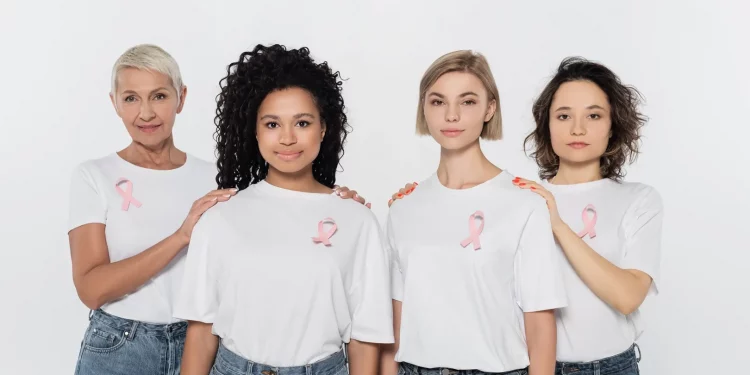Polycystic ovary syndrome (PCOS) is a common hormonal imbalance that affects women of childbearing age around the world. Often misunderstood and shrouded in secrecy, PCOS can impact various aspects of a woman’s health and well-being. AHealthPlace aims to shed light on this condition on a global scale, empowering women with knowledge and fostering open conversations that transcend borders.
Unveiling the Mystery: A Global Understanding of PCOS
PCOS disrupts the body’s hormonal balance, primarily affecting androgen (often referred to as “male”) hormones. This can lead to the development of small cysts in the ovaries, though their presence isn’t always a defining feature. The exact cause of PCOS remains unknown, but genetics and insulin resistance are believed to play a role, and environmental factors might also contribute. While research is ongoing, a better understanding of these factors is crucial for all women experiencing PCOS.
Signs and Symptoms: Recognizing PCOS Across Cultures
PCOS can manifest in a variety of ways, and the severity of symptoms can vary greatly between women. Here are some common signs to watch out for, keeping in mind that cultural perceptions of these symptoms might differ:
- Irregular periods: This is a hallmark symptom of PCOS. You might experience infrequent or prolonged periods, or even an absence of periods altogether.
- Excess androgen: This can manifest as acne, facial or body hair growth, and male pattern baldness. Cultural beauty standards can influence how women perceive and address these changes.
- Weight gain and difficulty losing weight: Insulin resistance, a common feature of PCOS, can lead to weight gain and difficulty managing weight.
- Skin problems: Oily skin and acne breakouts are frequent occurrences with PCOS. Access to skincare and dermatological care can vary depending on location.
Beyond the Physical: The Emotional Impact of PCOS in a Global Context
PCOS can significantly impact a woman’s emotional well-being, regardless of her cultural background. Irregular periods and fertility concerns can lead to anxiety and stress. Additionally, body changes caused by excess androgen can affect self-esteem and body image. Social stigma surrounding PCOS can further exacerbate these challenges.
Living with PCOS: Taking Control of Your Health on a Global Stage
While there’s no cure for PCOS, effective management strategies exist and can be adapted to different cultural contexts. Here’s how women around the world can take charge of their health:
- Lifestyle Modifications: Maintaining a healthy weight through diet and exercise can significantly improve PCOS symptoms. A balanced diet rich in fruits, vegetables, and whole grains can help regulate blood sugar levels. Culturally appropriate dietary adjustments might be necessary. Regular physical activity promotes insulin sensitivity. Local fitness traditions and resources can be explored.
- Medications: Birth control pills can regulate periods, improve hormonal balance, and address acne. Medications like Metformin can help manage insulin resistance. Access to medication and healthcare providers can vary depending on location. AHealthPlace encourages women to research available options and advocate for their healthcare needs.
- Mental Health Support: Addressing the emotional impact of PCOS is crucial. Consider therapy, even if it’s not a traditional practice in your culture. Support groups can be invaluable, and online communities can connect you with women facing similar challenges across the globe.
The Importance of Early Diagnosis and Treatment: A Global Call to Action
Early diagnosis and intervention are key to effectively managing PCOS. If you suspect you might have PCOS, schedule an appointment with your doctor to discuss your concerns. A comprehensive evaluation can help develop a personalized treatment plan, considering your cultural background and healthcare access.
AHealthPlace Stands With You on a Global Scale
At AHealthPlace, we understand the challenges associated with PCOS, no matter where you are in the world. We are dedicated to providing women with accurate information, resources, and support in a culturally sensitive manner. Remember, you are not alone in this journey. With knowledge, self-care, and the right healthcare team by your side, you can manage PCOS and live a healthy, fulfilling life.
Read More - Impact of Hormonal Changes on Women’s Hygiene and Health










